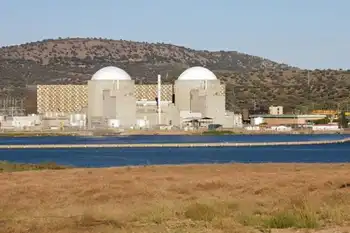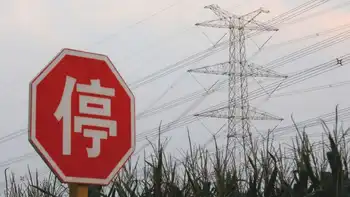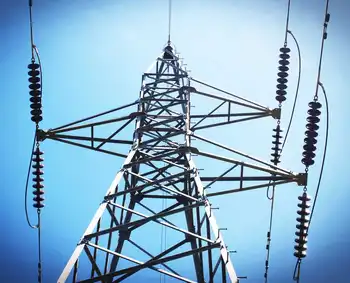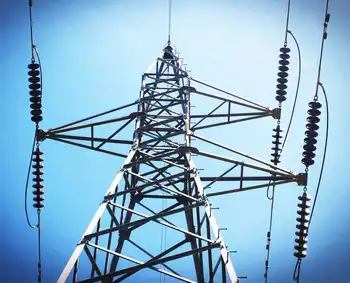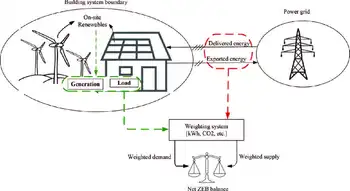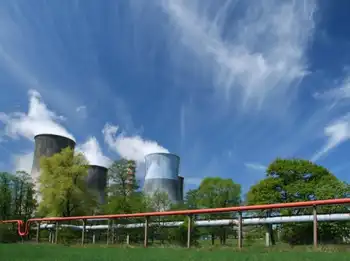G8 Greenhouse gases down in 2006
By Reuters
Substation Relay Protection Training
Our customized live online or in‑person group training can be delivered to your staff at your location.

- Live Online
- 12 hours Instructor-led
- Group Training Available
Rising oil prices, some measures to curb global warming and a milder winter in the United States in 2006 that depressed energy demand for heating all contributed to an overall 0.6 percent dip in G8 emissions in 2006 from 2005.
"It is an encouraging sign that emissions decreased in 2006 in some major developed economies," said Michael Raupach, leader of the Earth Observation Centre in Canberra, Australia.
"However, we have scarcely begun," he said, adding that the world would need far tougher action to stabilize emissions at levels to avert "dangerous" climate changes of ever more heatwaves, food shortages, floods, droughts and rising seas.
Emissions by the United States, Japan, Germany, Canada, France, Britain, and Italy were all down in 2006 - by between 2.5 percent for France and just 0.02 percent for Germany.
Russia's emissions, which fell sharply after the collapse of the Soviet Union's smokestack industries, went against the trend with a gain of 3.1 percent in line with strong economic growth.
Emissions by so many nations in the G8 have not previously fallen together any year since 1990, the U.N. benchmark for efforts to combat climate change including the Kyoto Protocol.
Overall, emissions by the G8 fell to 14.04 billion tonnes in 2006 from 14.12 billion in 2005, according to a Reuters calculations based on submissions to the U.N. Climate Change Secretariat.
G8 environment ministers meet in Kobe, Japan, from May 24-26 to prepare a July summit meant to map out future actions to curb warming.
Some experts said the 0.6 percent decline was not a sign that G8 nations were really getting to grips with the problem.
"One would expect higher oil prices to reduce demand for oil... and a relatively mild winter would reduce power consumption and hence emissions from power stations," said Knut Alfsen, research director of the Center for International Climate and Environmental Research in Oslo.
"Unfortunately, it is difficult to discover policy actions in any of these countries that would explain the reduced emissions," he said. "I'm fairly pessimistic with regard to whether the countries are 'starting to get to grips' with the climate change challenge."
He said it would be interesting to see if heightened awareness among many people about climate change in 2007, linked to factors such as a movie by former U.S. Vice President Al Gore and reports by the U.N. Climate Panel, would curb emissions.
Gore's documentary, "An Inconvenient Truth", looks at scientific evidence on the causes and likely impact of a warming world.
"It's hard to generalize across all the economies," said Jennifer Morgan, a director of the E3G think-tank in London.
"In the United States it doesn't have a lot to do with climate factors, it has more to do with other factors such as the winter weather," she said. The United States is outside the Kyoto Protocol, embraced by all other G8 nations.
Still, the fall in emissions came despite 2006 economic growth of an average of 3.0 percent for advanced economies, estimated by the International Monetary Fund. That may mark progress at least in decoupling emissions from growth.
Overall, G8 emissions were down 2.6 percent since 1990.
But almost of that overall decline was due to a sharp fall in Russian emissions after the break-up of the Soviet Union. Emissions overall in the other seven nations are up, led by Canada, the United States and Italy.





